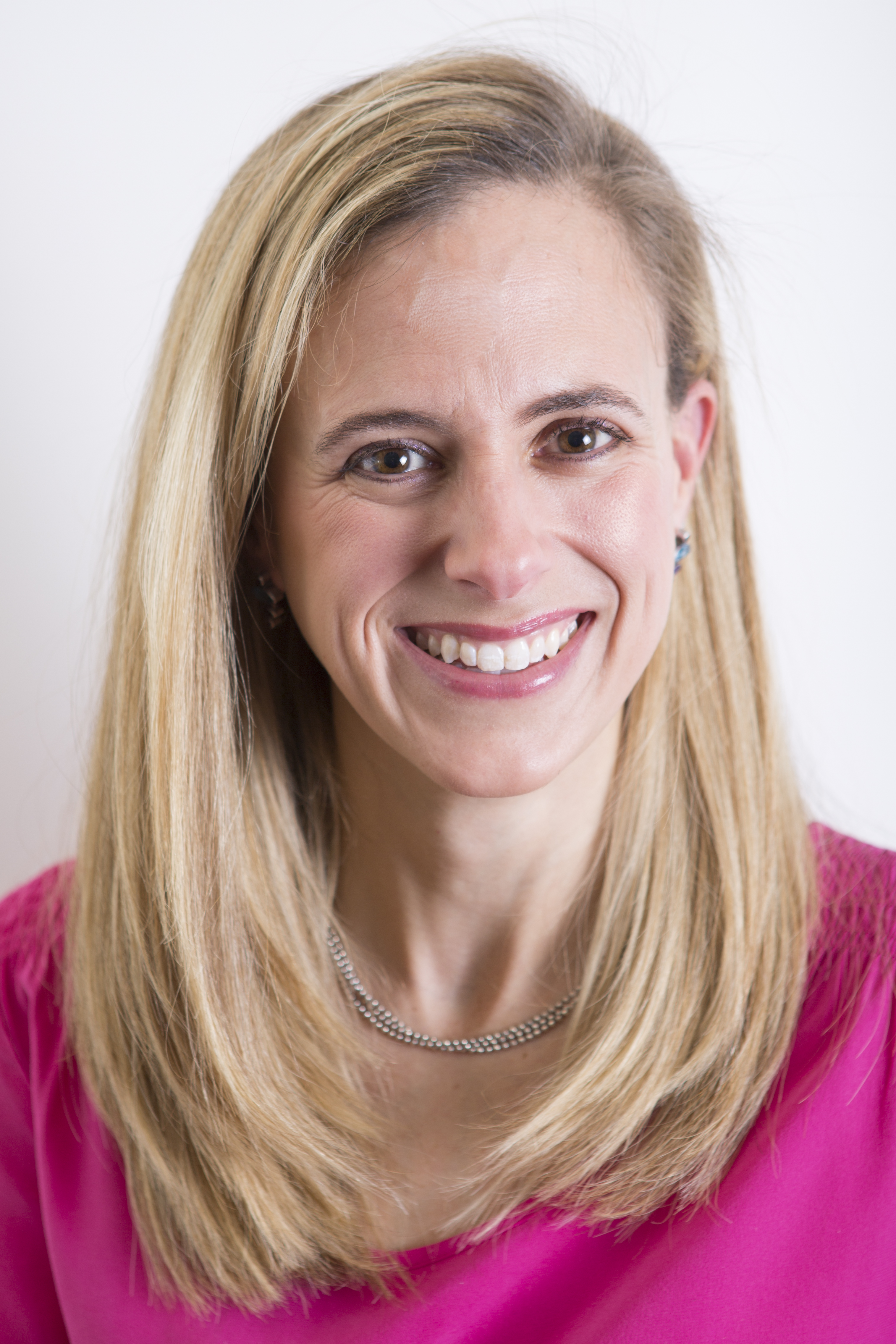 The power of dialogue and community
The power of dialogue and community
A supportive network and sharing resources go a long way for allergy awareness
by Erin Malawer, Executive Director, AllergyStrong and writer behind the blog “Allergy Shmallergy”
 Born a severely allergic child, my son first reacted to milk at six months old and was officially diagnosed with a wide array of food allergies by fifteen months. I was overwhelmed. Like many parents, I didn’t grow up with food allergies (nor did anyone I knew). My son needed to strictly avoid peanuts, tree nuts, sesame seeds, dairy, eggs, wheat, soy and corn. I mourned my dreams of baking cookies together and spoiling him with ice cream and I worried about his emotional wellbeing. How would he fare in school and in life?
Born a severely allergic child, my son first reacted to milk at six months old and was officially diagnosed with a wide array of food allergies by fifteen months. I was overwhelmed. Like many parents, I didn’t grow up with food allergies (nor did anyone I knew). My son needed to strictly avoid peanuts, tree nuts, sesame seeds, dairy, eggs, wheat, soy and corn. I mourned my dreams of baking cookies together and spoiling him with ice cream and I worried about his emotional wellbeing. How would he fare in school and in life?
My husband helped me regain perspective. With his voice of reason echoing in my head, I soon began researching and speaking with other parents. It took time, but we worked our way around every food allergy obstacle we’ve come across. But as my son grew, we all faced new food allergy challenges. I searched online and elsewhere to find useful resources that might offer some perspective and accessible tips but found nothing resembling the help I was looking for. At our local park, I watched as another food allergy parent brought wipes to clean the hands of all the other children there in order to protect her daughter.
I heard how my friends snickered at “those paranoid food allergy parents” who are operating out of pure fear and lack of real information. I had intentionally adopted a different approach – one that was based in calm, sane, simple methods of managing food allergies.
My husband and I had to model that philosophy for our son so he could learn to be positive and self-assured about his food allergies and learn to manage them in a low-key, healthy way. To foster a practical, down-to-earth food allergy community for myself and our family, I began to share my research and solutions with other parents and it has been infinitely rewarding.
My philosophy is that parents who handle food allergies in a healthy way, raise confident kids.
A blog seemed like the right place to start sharing my research and information. The only problem was, I knew nothing about blogging. So, I started with the simplest platform and watched countless how-to videos to bring it to life. Another challenge was figuring out how to make the blog “speak” to everyone – not just those with our allergies, not just those who live near us, and not just those with children my son’s age. Expanding on my own experiences has helped my articles become relevant to a wide variety of readers. And, as a bonus, it has helped prepare me for situations we have yet to face.
In writing, feedback is everything. I love hearing from readers about their experiences, their thoughts, and additional advice. It’s wonderful when I meet people who recognize Allergy Shmallergy saying, “Oh, I know you!” It means my articles are reaching their intended audience!
I’ve had the opportunity to calm anxious parents who are sending their child to preschool for the first time or to a new school. All of these interactions are so motivating to me. It is a privilege to be invited to help patients and families as they try to adjust to food allergies.
It’s a journey and one that should not be taken alone!
Talking with other food allergy families is essential to maintain balance. Managing a chronic condition is stressful and involves a lot of educating. It’s nice to talk to others who understand your challenges and frustrations.
Sharing tips, resources and a sense of what’s ahead will reduce anxiety and help you feel prepared.
It has helped me think ahead to my son’s teenage years, for example and assisted in preparing to take my son on a trip overseas. In sharing information, I’ve learned what life is like for food allergy patients and families from all over the world, something that is not only interesting, but helps me advocate for families here in the United States.
A critical aspect of living with food allergies is finding a supportive network of people.
This can come in the form of family, friends, teachers, restaurant managers, a camp counselor, a coach, etc. My husband helps shape my philosophy and, like me, errs on the side of a sane approach to our food allergy challenges. My in-laws, who already lived with food allergies themselves, were quick to jump on board with support. My mother-in-law set up a drawer of safe snacks for my son in her kitchen so he always knew where to go when he visited. Although it took some explaining because it was new to my family, my parents have been HUGE supporters as well. My mother is a teacher who is so in tune with food allergies that she keeps food allergy-friendly snacks and treats in her desk for her students who sometimes feel excluded. My father speaks up about food allergies everywhere (restaurants, airplanes, etc) even when my son isn’t present. In his words, “we all have a responsibility to protect and support those with food allergies.”
And, I couldn’t possibly leave out my son’s best friend. He is maybe more amazing than all of us combined. He deeply understands the emotional side of my son’s allergy as well as the physical and will forego dessert, for example, at a restaurant or skip the sesame seed bread when he’s dining with him. He had taken the time to learn the symptoms of a severe allergic reaction and what to do in case of an emergency. I get teary thinking about what a thoughtful and special friend he is to my child. We try to express our extreme gratitude to those who go out of the way to accommodate and care for our families’ food allergies.
Having food allergies has made our family feel more connected to our community.
We are so appreciative of those who go the extra mile to ensure my son is safe and welcome when we are away from home. He has developed a trusted network of family, friends, teachers, chefs and others who support him and are committed to protecting him and others with food allergies. What more can you ask for!
